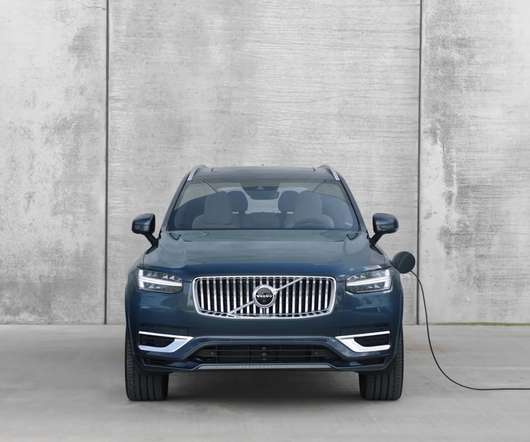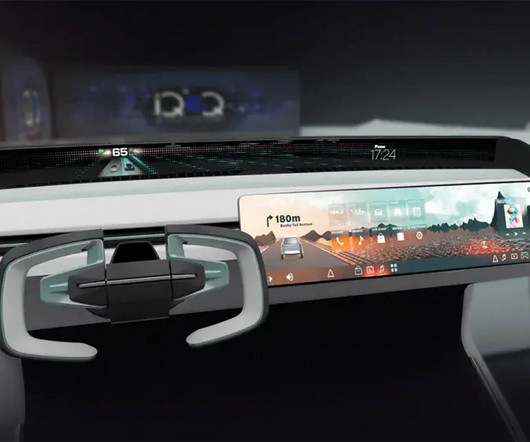Study: PHEVs aren't plugged in as often as regulators assume
Green Car Reports
DECEMBER 27, 2022
Plug-in hybrids only achieve their maximum emissions benefit when they are actually plugged in daily, and that isn't happening as often as regulators who set emissions rules assume, according to a new study from the International Council on Clean Transportation (ICCT).







































Let's personalize your content